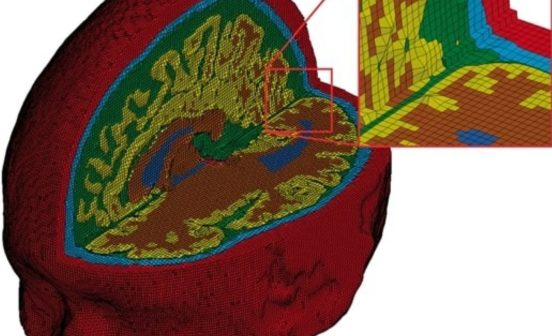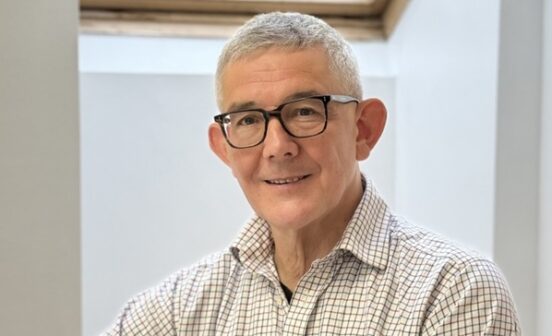Prevention REACT Study Supports National Efforts in Dementia Research

Imperial’s REACT study will collaborate with a leading national dementia programme to help boost recruitment for clinical trials.
The partnership announced by the Dementia Trials Accelerator – led by Health Data Research UK (HDR UK) and the UK Dementia Research Institute (UK DRI) – will see the Real-time Assessment of Community Transmission (REACT) programme and health diagnostics firm Inuvi partner with the DTA to fast-track the identification and recruitment of volunteers for dementia related clinical trials.
UK dementia related trials often face low volunteer enrolment and lengthy recruitment timelines. To address this and support the Dame Barbara Windsor Dementia Goals programme, the new partnership will streamline the recruitment process by helping researchers to quickly identify potential participants among those who have expressed interest in taking part.
REACT was launched in April 2020 during the COVID-19 pandemic and began as one of the world’s largest and most comprehensive coronavirus monitoring studies. To date, it has built a geographically diverse and representative research cohort across England, of this original group, 2.5 million participants have agreed to be recontacted for future research opportunities.
As part of the new partnership, the REACT team will follow up with individuals in key age ranges to gauge their interest in participating in dementia related clinical trials and research studies, creating a large-scale group ready for the next stage of screening.
Inuvi will then conduct additional assessments in the vicinity of where people live. These assessments will complement existing health data with relevant blood-based biomarkers and cognitive tests to determine each individual’s suitability for specific clinical trials.
Together, these partnerships provide a core capability and a clear, end‑to‑end recruitment process, from data‑driven identification, moving through to local health screening and ending with confirmation on who can take part.
Professor Paul Elliott, Director of the REACT programme, School of Public Health at Imperial College London, said: “The REACT studies provided invaluable information during the COVID-19 pandemic, providing authoritative data in real time on how many people were infected with the SARS-CoV-2 virus (the cause of COVID-19) and the spread of immunity in the population. With the help of these same volunteers who signed up to the programme, we can help to streamline recruitment for clinical trials and glean new insights into dementia, which may one day translate into better treatments and earlier detection of these devastating conditions.”
Looking ahead, the Dementia Trials Accelerator plans to scale this capability, with work underway to onboard further partners. By early 2027, the ambition is to have a pilot group of 10,000 pre-screened participants ready for trial teams, expanding opportunities for people at risk of, or living with, early-stage dementia to contribute to potentially life-changing new treatment and therapeutic development.
Professor Andrew Morris, Director of Health Data Research UK, said: “This partnership is a new and unique approach in the fight against dementia. The number of people eligible for, and enrolled in, dementia clinical trials remains critically low – limiting the impact of research findings. There is an urgent need for novel, data-driven strategies to improve awareness, streamline recruitment to trials, and promote broader participation across diverse populations. Uniting academia, industry, health data science and the public in this way will propel us forward – bringing tomorrow’s cures much closer to today.”
Professor Siddharthan Chandran, Director of the UK Dementia Research Institute, said: “Efficient recruitment has long been one of the greatest challenges facing dementia research. This partnership addresses that barrier head-on and represents an important step in the Dementia Trials Accelerator’s mission to transform how we deliver clinical trials. Ultimately, this is about ensuring people at risk of or living with dementia have every opportunity to contribute to research that could change their lives.”
Jonathan Benton, Chief Executive Officer, Inuvi, said: “Inuvi is delighted to be partnering with Health Data Research UK and the UK Dementia Research Institute to support their vital work in dementia research.
“Collaborating with organisations that share our values and ambition is a privilege, and we look forward to contributing meaningfully to this important initiative and to help generate insights that will inform and improve brain health outcomes across the UK”





